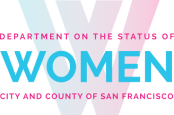Health & Safety
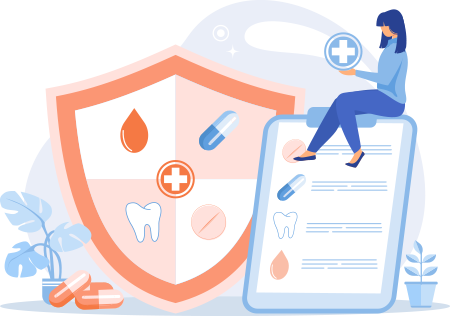
A healthy life isn’t simply a checked box at an annual checkup; it’s so much more, including what we eat, how we move and the practices and tools we use to strengthen not just our minds and bodies, but our souls too.
From maternal, reproductive and sexual health, to mental, emotional and nutritional wellbeing, to physical and digital safety, no one can be their best self without investments in selfcare and protection. Far too often, women wait for permission and encouragement to put ourselves first, if even at all. We play a disproportionate role as society’s caregivers, yet we so often fail to provide ourselves with the same nurture and love that we so consistently show others.
At the Department on the Status of Women, we recognize our responsibility to take a more holistic approach as it relates to providing San Francisco’s women, girls and nonbinary people with the information, tools and resources they need to live their best and healthiest whole lives possible.
Whether its access to medical services or connecting communities to new and existing wellness programming, the Department is popping the hood on the City and County of San Francisco’s investments in and impacts on the health of women, girls and nonbinary people.
The lessons learned from the global (COVID-19) pandemic afford us an opportunity to rewrite what it means to prioritize women’s health, safety and wellbeing in San Francisco, and in the process, create replicable models for other municipalities to follow.
Our Health & Safety Programs & Initiatives
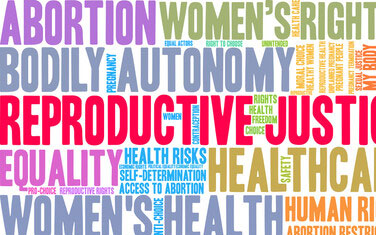
The Dobbs ruling has turned issues of abortion rights and reproductive freedoms on their heads for all people, especially for those who become pregnant.
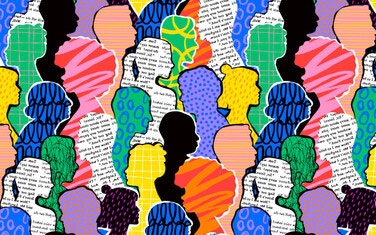
Addressing systemic issues and serving the community starts and ends with an in-depth understanding of both the problems and those impacted. The Department has engaged a team of outside experts to help us better recognize the greatest obstacles faced by women, girls and nonbinary people in San Francisco.
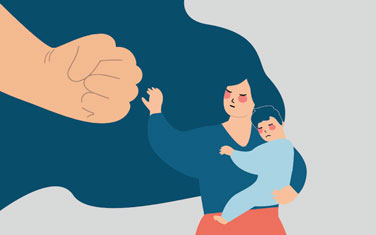
Violence impacts individuals at different stages of life. Child abuse, elder or dependent adult abuse, and domestic violence (also known as intimate partner violence or IPV) are all forms of family violence that have traumatizing and far-reaching effects on individuals, families and entire communities.
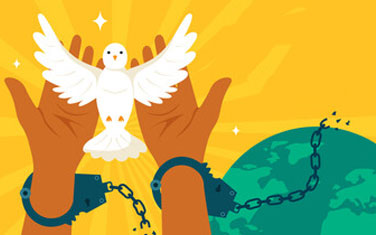
The Department proudly serves as the lead agency for the Mayor’s Taskforce on Anti-Human Trafficking.
